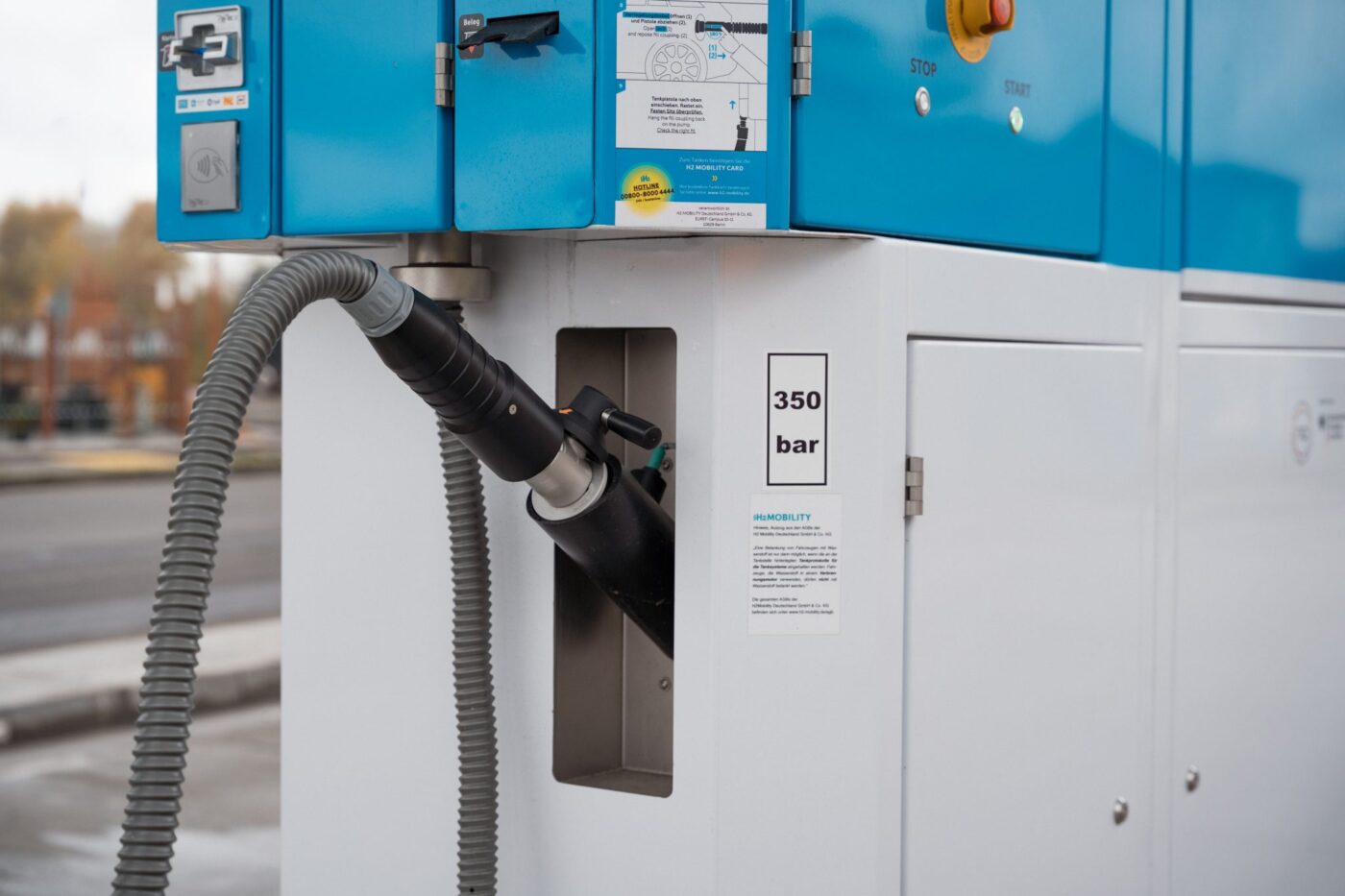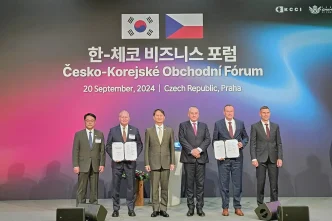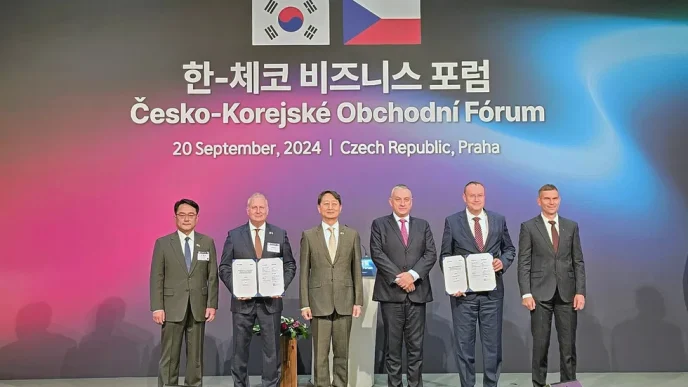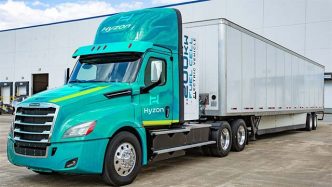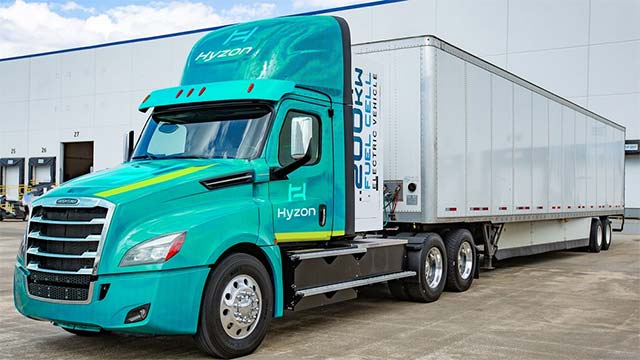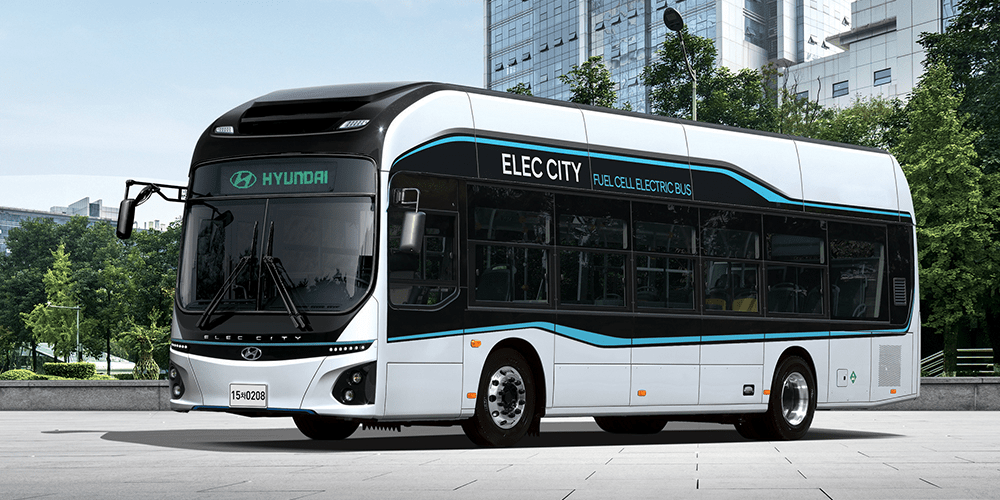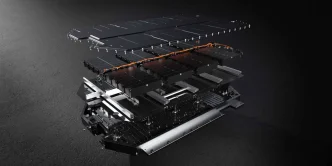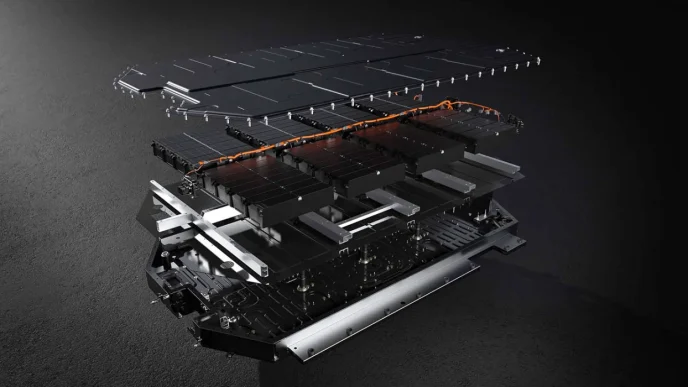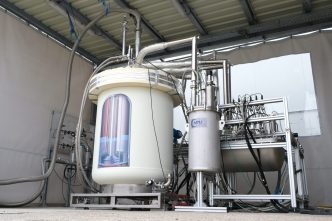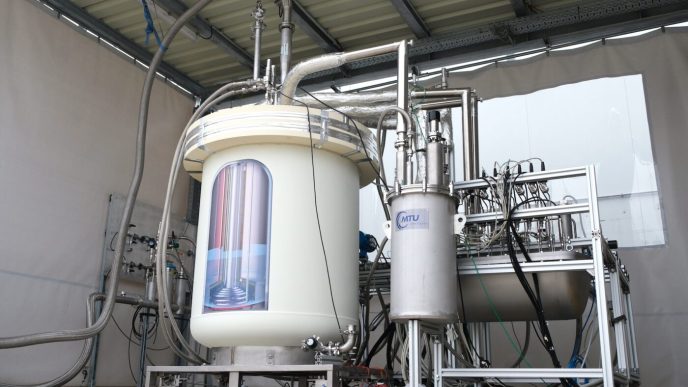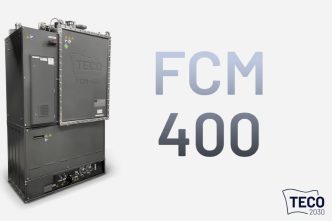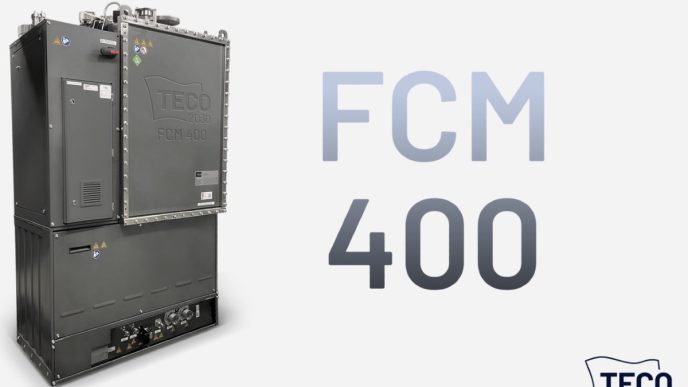Celadyne Technologies, a Chicago-based startup, is partnering with General Motors in a project funded by the U.S. Department of Energy to develop longer-lasting fuel cells for heavy-duty vehicles. The initiative aims to support broader decarbonization strategies within the transportation sector, particularly for industrial applications where traditional electrification methods face challenges.
The project will utilize Celadyne’s Dura technology, which is designed to enhance the durability of fuel cells by maintaining thin membranes, facilitating rapid proton flow, and minimizing the movement of gases and ions within the cells. These innovations are expected to enable the production of fuel cells with significantly extended lifespans, aligning them with the demands of heavy-duty applications.
“At Celadyne, we firmly believe that if you can unlock hydrogen, you can change the world,” said Gary Ong, CEO and founder of Celadyne Technologies. “We are dedicated to bringing our hydrogen solutions to the world’s major industries and players, propelling hydrogen toward mass market adoption for the sake of the planet.”
Ong also noted that while fuel cells were originally developed for light-duty systems, adapting them for heavy-duty use requires a significant increase in durability. “To meet heavy-duty application milestones, similar to those of a diesel engine, we need to quintuple the durability of existing fuel cells,” he explained.
The collaboration with General Motors reflects the growing interest in hydrogen as a viable energy source for sectors where size, scale, and volume are critical. Ong emphasized that hydrogen is particularly valuable in “hard-to-abate sectors where direct electrification or battery electrification can struggle.”
This project coincides with broader advancements in the hydrogen vehicle sector, as evidenced by Daimler Truck’s recent progress with its fuel cell truck, which has moved into pre-series testing with customers.

